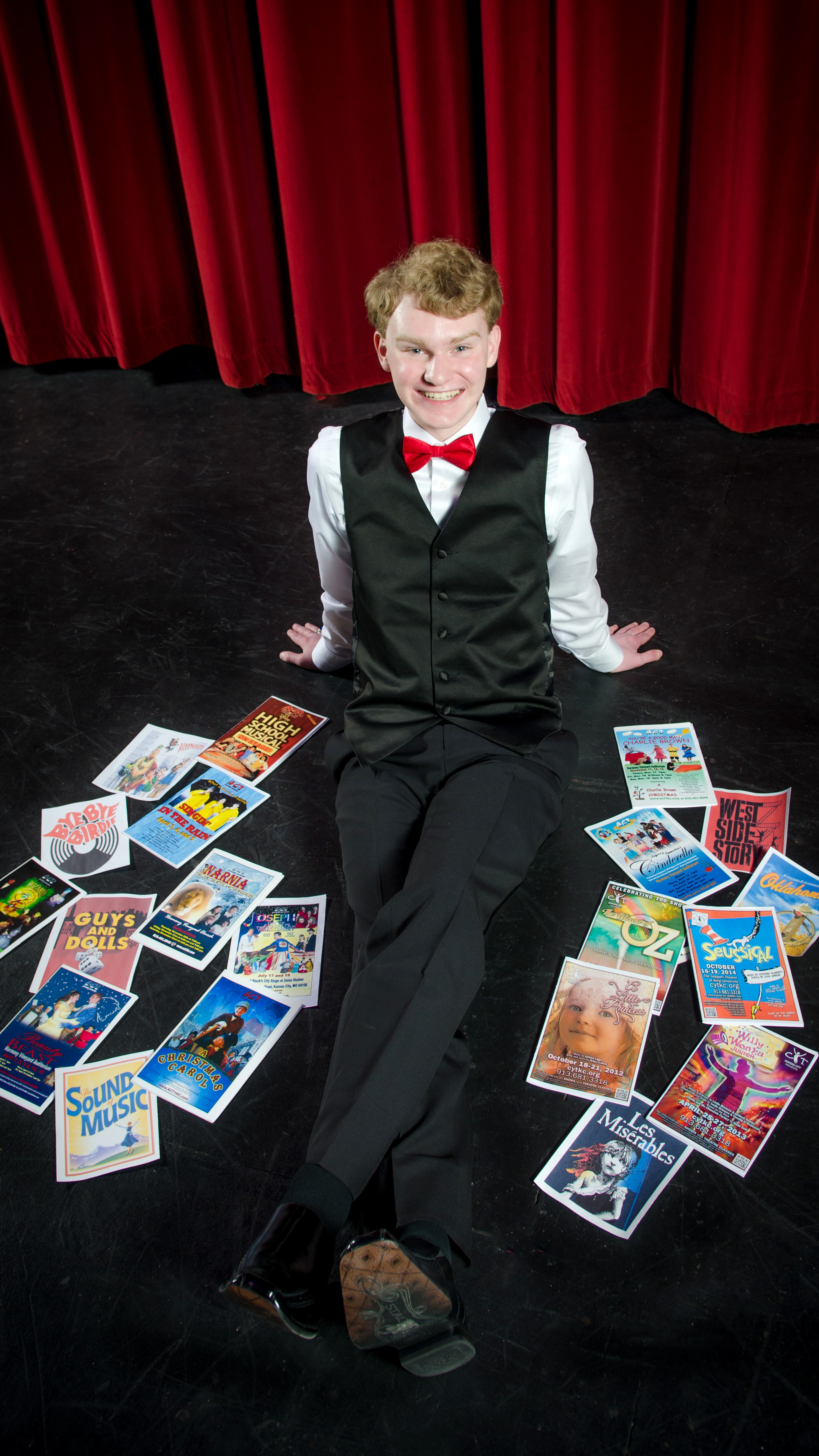
If we take a moment and reflect on the most popularized entertainment of our world today, what are the things that take the spotlight? Likely the Super Bowl, blockbusters like The Avengers, and the various streaming services that can satisfy our boredom with instant gratification come to mind. In the past, entertainment was often expensive and time consuming, and also a keenly public affair.
Today, we are saturated with affordable resources to amuse ourselves, and yet we find ourselves lonelier and less social than ever before. It’s time to put our remotes down and reengage with our community. We should not allow ourselves to always be entertained by a screen, but motivate ourselves to also provide entertainment for others—to make entertainment a social activity again. The most effective way to accomplish this is to reinvest ourselves in theatre.

The art of theatre is a phenomenon that has existed throughout time and beyond the borders of a single culture or society. As explained by HistoryWorld.net, theatre was brought into widespread popularity by the Greeks in the 6th century. Since then, theatre amassed a large following and permeated European culture alongside music as an elegant, reputable pastime for those with a true appreciation for art.
Yet, as technology advanced, the radio provided a way for music lovers to stay home to enjoy musical works. Eventually, the television would join this trend and further entice families to stay home to be entertained. Over time, computers have solidified this choice and have refocused our habits inward instead of outward. Our society is running towards isolation, despite our increased abilities to connect. However, the resurgence of theatre may be able to save us.
Theatre is an activity that allows the talents of anyone—and everyone—to shine. While most people invoke mental images of dancers and singers when they hear the word “theatre,” there is much more that furnishes the realm of theatre. Beyond dancing, singing, and acting, theatre requires excellent writers, costume designers, set designers and builders, tech professionals, musicians, directors, an audience, and so much more; there is a place for everyone in a theatrical production!
Not only does theatre provide an inclusive space and gets us up off our couches, it provides many psychological benefits as well! An “increase in empathy and self-esteem” is just one positive aspect of theatrical involvement, according to recent research by the University of Maine. This is especially important for children, but can apply to all ages. Theatre can also improve one’s communication abilities, both interpersonal and intrapersonal, as well as their effectiveness in presentational speaking.
Alongside this, the skills learned from filling different roles in theatre can translate well into the professional world. I know for me, this was definitely the case. Through theatre I have learned how to address an audience, find my inner strength, increase my communication abilities, improve my memorization skills, use power tools, take direction, to lead, and how to be a true “team player.”
Ultimately, the greatest benefit of theatre is the sense of community that it provides. No matter your age, background, occupation, or income, everyone has an innate desire to belong. As someone who did theatre throughout my childhood and into adulthood, I can testify that there is no better way to build lasting friendships and positive social skills than theatre. Theatre has the power to connect all different types of people together to accomplish a common goal. When you work as a group dedicated to performing a production for others, you gain cooperative dexterity only possible in such an invigorating environment.
Therefore, I urge you, reader, to plug-in to your local troupe, your community theatre, and at the very least take time to appreciate the fruits of their labor. While Broadway is impressive and inspiring, the best theatre is likely waiting for you in your own backyard! Theatre is a marvelous way to rediscover your community—and yourself—over and over again.